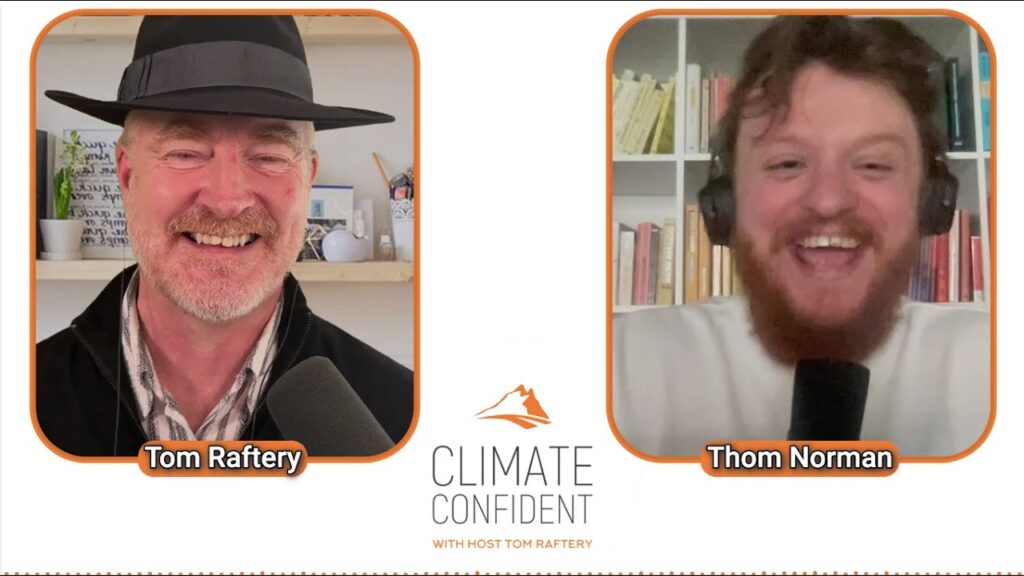
Factory farming isn’t just an animal welfare issue—it’s a major contributor to climate change, deforestation, and public health risks. In this episode of Climate Confident, I sit down with Thom Norman, co-founder of FarmKind, to uncover the environmental, ethical, and economic costs of industrial animal agriculture.
What We Cover in This Episode:
✅ How factory farming drives up to 19% of global greenhouse gas emissions
✅ The role of methane, deforestation, and fertiliser use in accelerating climate change
✅ Why 80% of global cropland is used for livestock feed—despite animal agriculture providing just 17% of global calories
✅ The public health crisis caused by antibiotic overuse in factory farms
✅ How plant-based and cultivated meats could reduce emissions and land use
✅ The power of consumer action and corporate responsibility in shifting food systems
Factory farming is one of the biggest, yet often overlooked, climate issues of our time. If we’re serious about cutting emissions and improving food security, we need to rethink how we produce and consume food.
🔗 Resources & Links Mentioned:
🌍 FarmKind – Donate to effective charities tackling factory farming: https://farmkind.giving
📊 Compassion Calculator – See your potential impact: https://compassioncalculator.org
💬 Join the Conversation:
What are your thoughts on factory farming and its impact on the climate? Let me know in the comments!
🚀 Support the Podcast:
If you found this episode valuable, don’t forget to like, subscribe, and hit the notification bell to stay updated on future episodes! You can also support the podcast by sharing this video with others interested in climate action.
🔊 New episodes every Wednesday—subscribe to stay Climate Confident!
#ClimateConfident #SustainableFood #FactoryFarming #ClimateChange #AlternativeProteins #PlantBased #CultivatedMeat #FoodSecurity #NetZero #ClimateSolutions
source



